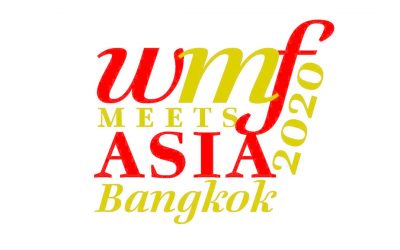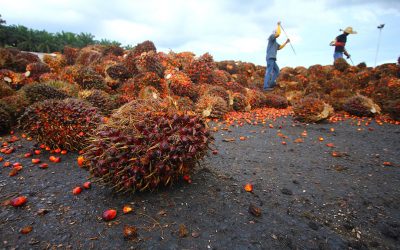Mixed response for GM-crops in Asia
The Philippine government has openly embraced the commercial growing of genetically modified (GM) corn, but neighbouring countries appear less than enthusiastic.
While Japan does not grow GM crops due to safety concerns among consumers it
does import GM grains for use in making products such as cooking oil, animal
feed and manufactured goods.
Japanese companies have been reluctant to
test the market for consumer-ready GM food because of labelling requirements and
public safety worries.
While Japan does not ban GM farming, strict
regulation has discouraged corporate investment in the area.
But with
rising food prices causing increasing concern in a country that imports more
than half of what it eats, the government has said that GM crops may be a way to
ease food security and environmental problems.
Strict rules in South
Korea
In South Korea a law which came into effect on January 1 this
year imposed strict rules on the import of GM seeds.
While there are
domestic GM seed programs for experimental purposes none are for commercial use,
an agriculture ministry official said on condition of anonymity.
In
Bangkok the regional headquarters for the United Nation’s Food and Agricultural
Organization (FAO) said it had not seen any signs that governments in Asia were
pushing for genetically-modified seeds.
GM for food not allowed in
China
In China the State Council, or cabinet, issued detailed rules in
2001 covering safety, labelling, licensing for production and sales, and import
safety policies of all GM products.
Genetically modified grain, including
seeds, is not allowed for edible consumption in China. Genetically modified
products are allowed for indirect uses, such as making edible oil, but it must
be labelled clearly.
The Philippines is the first country in Southeast
Asia, and possibly all Asia, to have a commercial GM food crop.
However
critics argue that “the government would say it is because the Philippines
should not be late in embracing a technology that promises to help increase the
income of farmers and provide higher yields. But the fact is the Philippines is
so close to the US that whatever policies the US have regarding GM crops the
Philippines usually follow suit.”
For regular updates on feed news subscribe here
to our free newsletter











